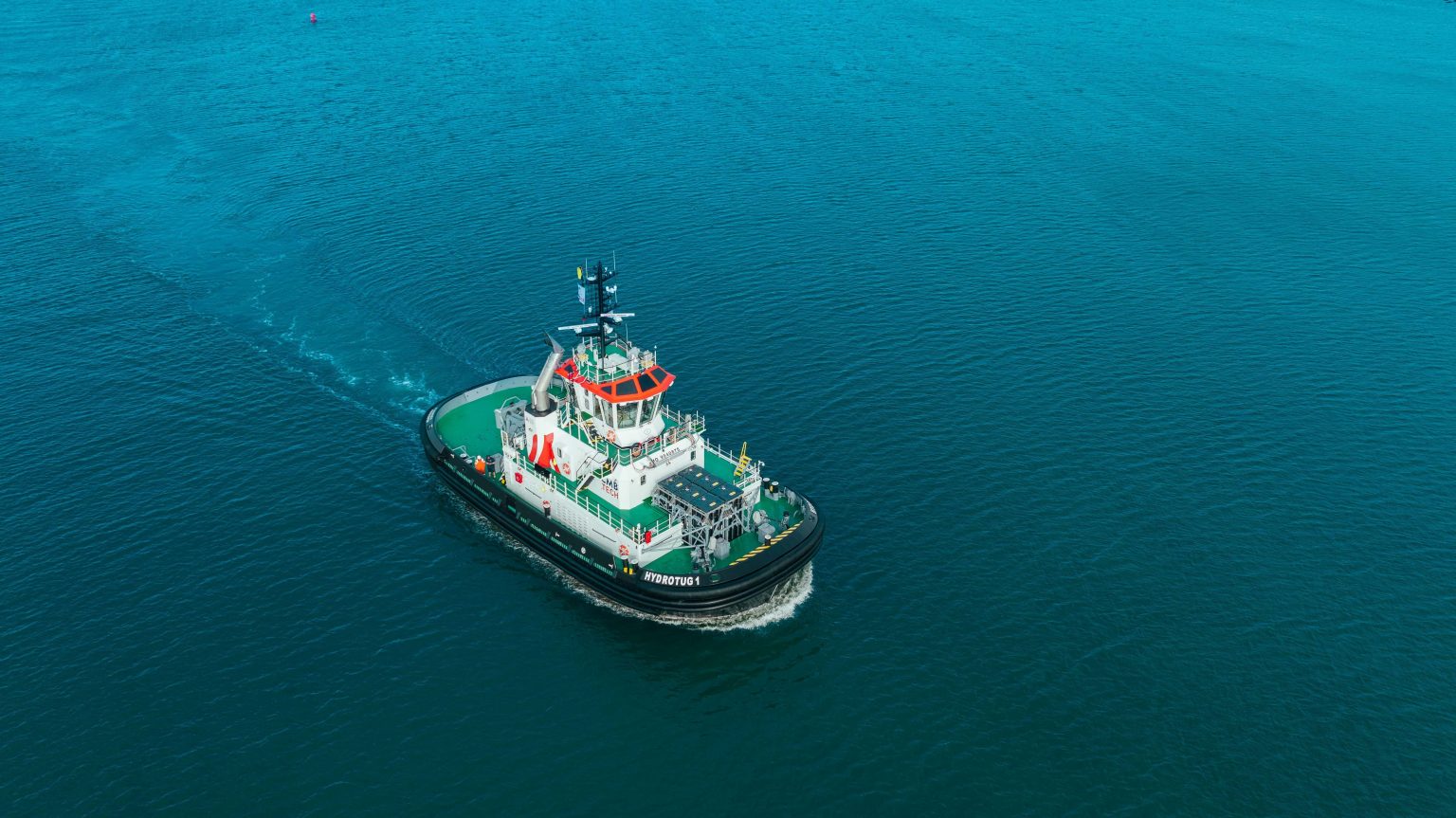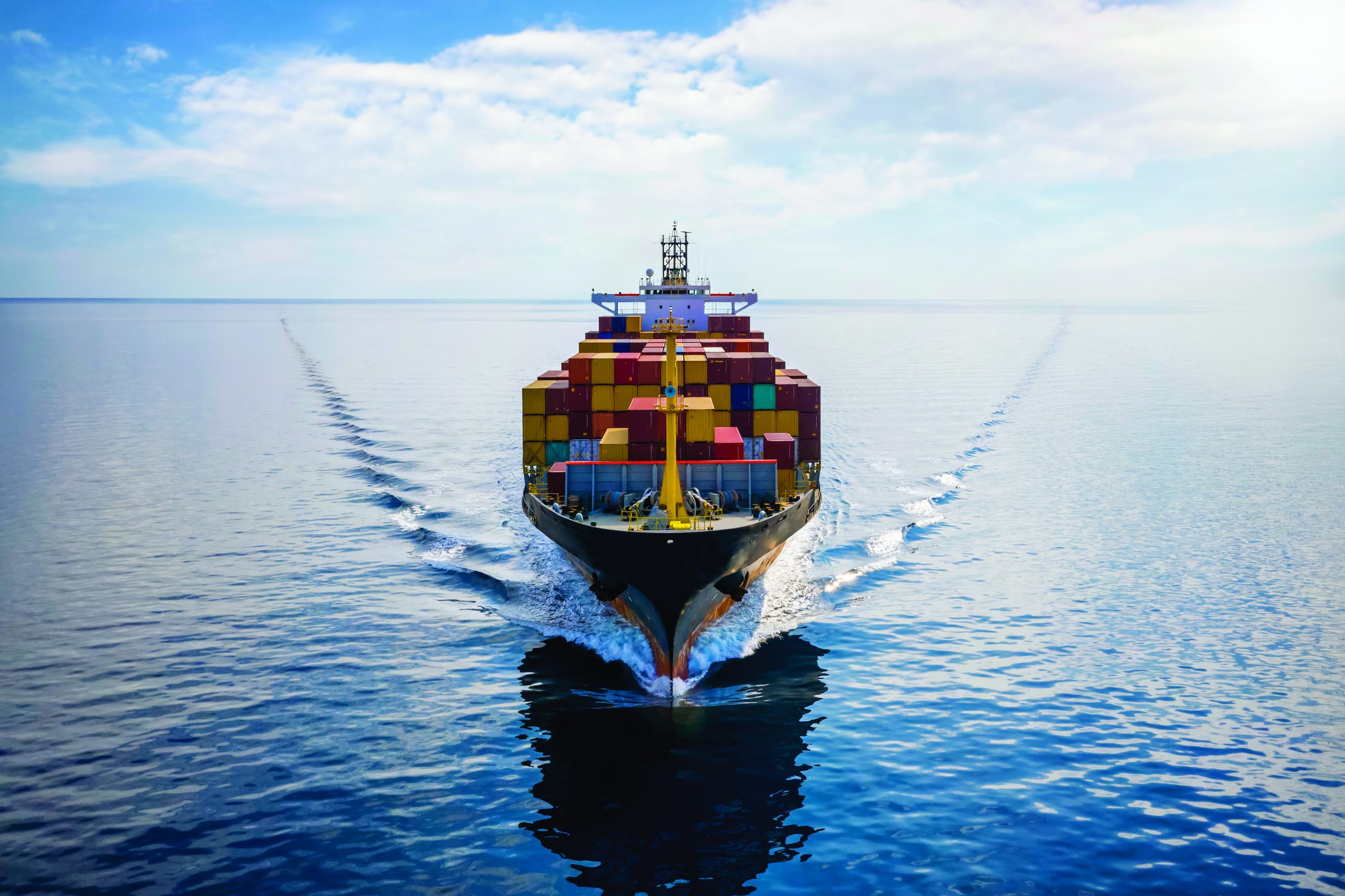Hydrogen, latest developments
A round-up of the hydrogen marine fuel scene

New EU report
A new European Maritime Safety Agency (EMSA) publication provides a comprehensive analysis of the practical and technical issues surrounding the use of hydrogen to fuel ships. By examining the current production capacity for hydrogen, the existing regulatory landscape, fuel storage options, supply and power generation technologies – along with techno-economic analyses and risk-based case studies – Potential of Hydrogen as Fuel for Shipping has identified the potential for adopting hydrogen as a marine fuel.
In its introduction the report, written by authors from American Bureau of Shipping, CE Delft and Arcsilea, notes: “The maritime industry faces substantive challenges, many of which are driven by increasingly stricter air emissions and climate legislation as its practitioners navigate a course towards decarbonisation. Among the broad spectrum of technologies and fuel solutions being considered, hydrogen that is produced with renewable energy (green hydrogen) has been identified as a fuel that could offer a ‘near-zero’ carbon solution on a well-to-wake basis.”
The report asserts that, while shipping has limited experience using hydrogen as a fuel and some of the key technologies (such as engines) remain under development, there is sufficient land-based experience with its production and use that would serve as a sound basis for the transition to a marine fuel.
The EMSA publication states that there are some barriers, such as hydrogen’s low energy density (which would increase the storage needs onboard a ship), the cost of the equipment and significant need to expand the global capacity to distribute and produce green hydrogen. In the end, hydrogen-fuelled vessels may prove to be a more appropriate solution for short-sea shipping rather than deep-sea.
The study can be downloaded at: https://www.emsa.europa.eu/publications/item/5062-potential-of-hydrogen-as-fuel-for-shipping.html
Hydrogen-fuelled 4 stroke engine
Yanmar Power Technology Co. (YPT), a subsidiary of Yanmar Holdings has embarked on the development of a hydrogen-fuelled 4-stroke high-speed engine for power generation for coastal vessels in Japan as part of the Nippon Foundation’s zero emission ship demonstration experiment. The engine utilises hydrogen as a fuel, emitting no CO2 during combustion.
In parallel with the hydrogen engine development, YPT will also work on the creation of a hydrogen engine-compatible hybrid electric propulsion vessel, combining hydrogen engine generators with batteries. This innovative vessel design incorporates a container unit-type hydrogen power generation system on its upper deck. Ship operator Uyeno TransTech will be responsible for the vessel’s development and construction.
To support the transition towards zero emissions in maritime operations, YPT aims to develop a pilot ignition engine that utilises a small amount of pilot biofuel and hydrogen co-combustion, as well as a spark ignition hydrogen-only engine. The company plans to commence onshore verification tests in 2024 using a 6-cylinder hydrogen engine with pilot ignition, with the goal of conducting verification operations by 2026. Concurrently, YPT will conduct onshore verification tests using the spark ignition hydrogen-only engine. By approximately 2030, they aim to achieve zero emissions for coastal vessels by promoting the adoption of hydrogen energy-based propulsion systems.
Hydrogen-fuelled harbour tug
The Port of Antwerp-Bruges and CMB.TECH have commissioned what is said to be the world’s first hydrogen-powered tug for service in the Antwerp port area.
The Hydrotug 1 uses BeHydro V12 dual fuel medium speed engines – each producing two megawatts – with the latest EU Stage V emissions after-treatment. According to the port, with these engines, the vessel uses clean fuels, resulting in an overall reduction of 65% of traditional fuel consumption and associated emissions in the tugboat’s overall cycle. The Hydrotug 1 can store 415kg of compressed hydrogen in six tanks installed on deck.
The Hydrotug 1 is the world’s largest hydrogen-powered vessel, and it is “made in Europe”! We are delighted and grateful to have the Port of Antwerp-Bruges as our partner. Port of Antwerp-Bruges shares the same commitment as CMB.TECH to decarbonising shipping and showcasing technology that can be scaled. The Hydrotug 1 is another big step towards zero-carbon shipping and proves that there is a vibrant energy transition industry in Antwerp, Belgium and Europe.
Image Credit: CMB.TECH
get
in touch

Constructive Media
Constructive Media
Hornbeam Suite
Mamhilad House
Mamhilad Park Estate
Pontypool
NP4 0HZ
Tel: 01495 239 962
Email: ibia@constructivemedia.co.uk

On behalf of:
IBIA London Office
Suite Lu.231
The Light Bulb
1 Filament Walk, Wandsworth
London, SW18 4GQ
United Kingdom
Tel: +44 (0) 20 3397 3850
Fax: +44 (0) 20 3397 3865
Email: ibia@ibia.net
Website: www.ibia.net

Emails
Publisher & Designer: Constructive Media
ibia@constructivemedia.co.uk
Editor: David Hughes
anderimar.news@googlemail.com
Project Manager: Alex Corboude
alex@worldbunkering.net
